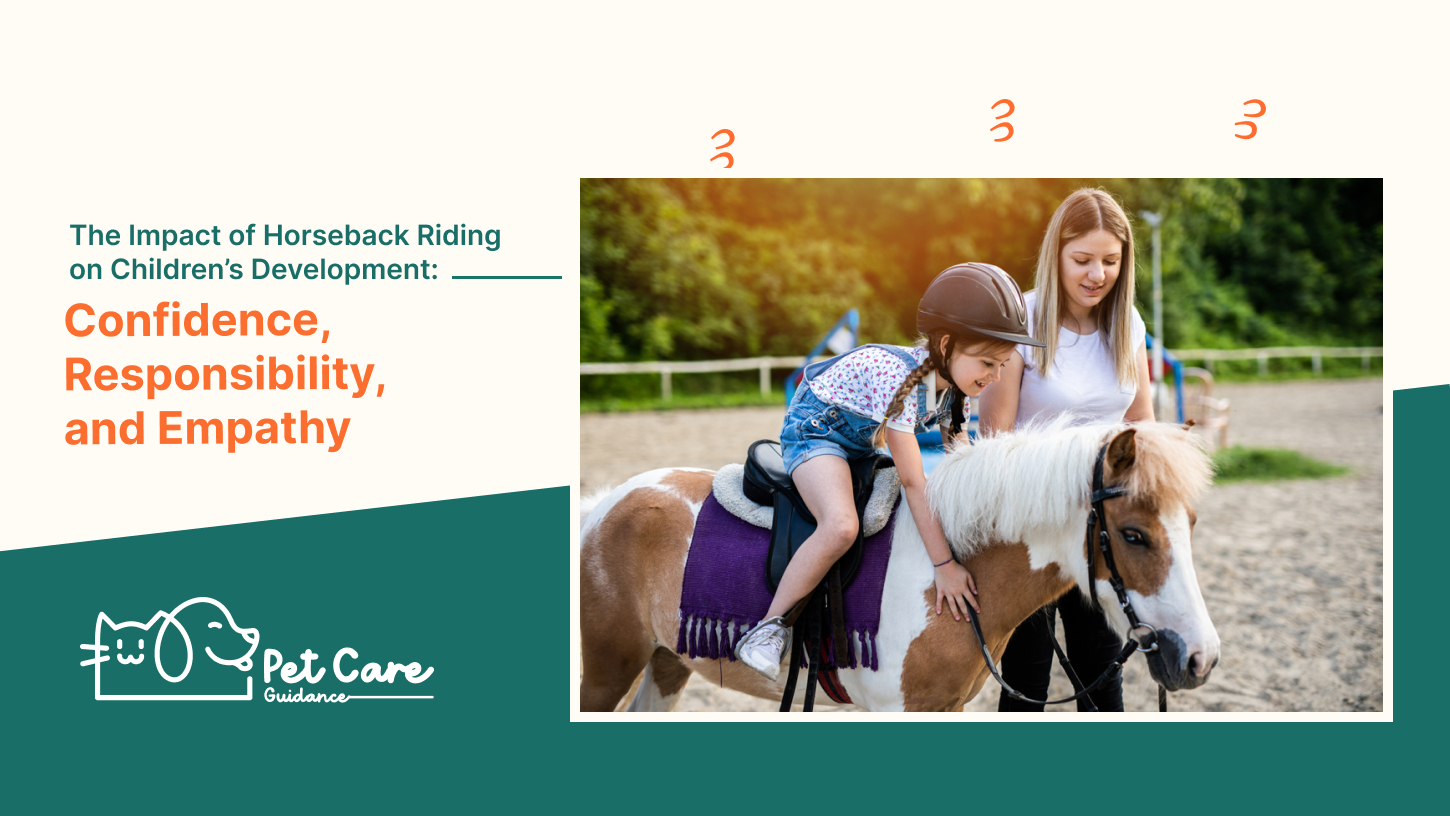Horseback riding has a positive impact on children’s development, fostering confidence, responsibility, and empathy. It teaches accountability, self-discipline, and patience while also improving endurance and motor coordination.
Riding horses can also help children with special needs improve their posture, balance, concentration, self-esteem, and self-confidence. Additionally, horseback riding promotes problem-solving skills, empathy, and communication, forming a strong bond between children and horses. If you’re looking for a fun and beneficial activity for your child, consider the many benefits of horseback riding.
Confidence Building
Developing self-assurance through interaction with horses:
When it comes to confidence building, horseback riding plays a significant role in children’s development. Interacting with horses helps children overcome their fears and build trust. As they learn to ride, they gain confidence in their skills and abilities.
Caring for the horse before and after riding teaches children responsibility and accountability. Maintaining the horse’s hooves and taking care of the equipment instils discipline and patience. Horse riding also improves endurance and develops a positive outlook in children.
It is believed that working with horses can be especially beneficial for children with special needs, as it improves their physical coordination, concentration, self-esteem, and self-confidence. Overall, horseback riding offers numerous benefits, including confidence building, responsibility, and empathy development in children.
Responsibility Development
| The Impact of Horseback Riding on Children’s Development: Confidence, Responsibility, and Empathy |
Caring for the horse before and after ridingYouths learn responsibility through caring for the horse before and after riding. The horses’ hooves must be thoroughly cleaned out before riding or they may be injured by a rock lodged in the foot. The tack and equipment must also be maintained, cleaned, and put away properly so that we may use it next time. Importance of proper maintenance and cleaning of equipmentProper maintenance and cleaning of equipment are essential for teaching responsibility. Children need to learn that taking care of their riding gear ensures the safety and well-being of both themselves and the horse. By emphasizing the importance of regular maintenance, we foster a sense of accountability and discipline. |
Empathy Enhancement
| Empathy Enhancement |
| Understanding and empathizing with the behaviour and temperament of horses |
| When children engage in horseback riding, they have the opportunity to understand and empathize with the behaviour and temperament of horses. By spending time with horses, children learn to observe and interpret their non-verbal cues, such as body language and facial expressions. This experience helps children develop empathy, as they become more sensitive to the emotions and needs of others, including animals. |
| Building patience and compassion towards animals |
| Horseback riding also helps children build patience and compassion towards animals. They learn that horses have their own pace and need to be approached with kindness and understanding. Children develop the ability to wait patiently for the horse to respond to their commands and learn the importance of gentle handling and care. |
| Benefits for children with special needs in developing empathy through equine therapy |
| Equine therapy, which involves interacting with horses in a therapeutic setting, has been proven to be beneficial for children with special needs in developing empathy. The unique bond formed between the child and the horse allows for a safe and nurturing environment, where the child can practice empathy and emotional connection. This therapy helps children understand the impact of their actions on others and encourages them to respond with empathy and compassion. |
Frequently Asked Questions For The Impact Of Horseback Riding On Children’s Development: Confidence, Responsibility, And Empathy
How Does Horseback Riding Teach Responsibility?
Horseback riding teaches responsibility by requiring youth to care for the horse before and after riding. This includes cleaning the hooves and maintaining the tack and equipment properly. It also builds traits like accountability, self-discipline, and patience. Furthermore, working with horses can help build confidence in children with special needs, improving motor coordination and self-esteem.
Does Horse Riding Build Confidence?
Horse riding builds confidence by providing a fun and engaging activity that helps riders develop a positive outlook and learn new skills. Adding bareback riding and visualization techniques can help increase confidence while riding. Horseback riding also teaches responsibility, accountability, and self-discipline.
What Does Horseback Riding Teach Children?
Horseback riding teaches children accountability, self-discipline, patience, and responsibility. It also improves endurance and helps build confidence in kids. Additionally, working with horses can help children with special needs improve motor coordination, posture, balance, concentration, self-esteem, and self-confidence. Horseback riding also promotes empathy, problem-solving skills, and teamwork.
Overall, it has a positive impact on children’s development.
How Does Working With Horses Help Build Confidence In Children With Special Needs?
Working with horses improves children’s confidence by enhancing motor coordination, posture, balance, muscle tone, concentration, self-esteem, and self-confidence. It also teaches responsibility, accountability, patience, and self-discipline, while fostering empathy, problem-solving skills, and emotional intelligence. Horses provide a positive and supportive environment for children with special needs to develop essential life skills and build resilience.
Conclusion
Horseback riding has a profound impact on a child’s development, fostering qualities such as confidence, responsibility, and empathy. Through caring for the horse, children learn accountability and patience, while the experience of riding builds self-esteem and reduces anxiety. Moreover, working with horses can be especially beneficial for children with special needs, improving motor skills, concentration, and self-confidence.
Overall, horseback riding is a fun and beneficial activity that enhances a child’s physical and emotional well-being, making it an excellent choice for parents seeking a holistic approach to their child’s development.


